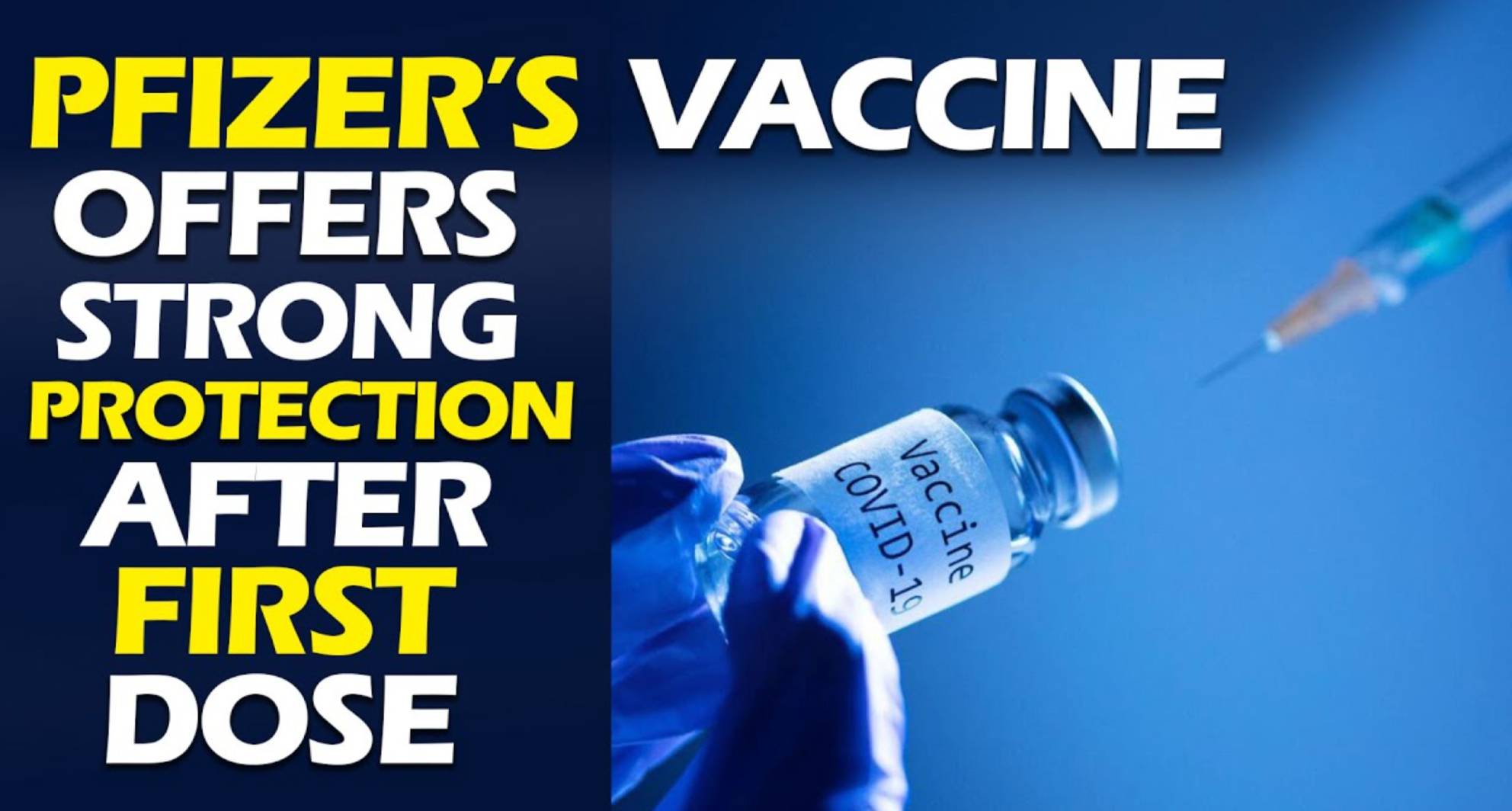According to documents published by the Food and Drug Administration before a meeting of its vaccine advisory group on Tuesday, the Coronavirus vaccine made by Pfizer and BioNTech provides strong protection against Covid-19 within about 10 days of the first dose.
Several significant new findings are included in the briefing materials, which include more than 100 pages of data analyses from the agency and Pfizer. Pfizer and BioNTech announced last month that their two-dose vaccine had a 95 percent effectiveness rate after two doses administered three weeks apart. According to the new analyses, protection begins much earlier than previously thought.
Furthermore, the vaccine worked well regardless of race, weight, or age. The vaccine did not cause any serious adverse events, but many participants experienced aches, fevers, and other side effects.
“Here’s what an A+ vaccine report card looks like,” says Yale immunologist Akiko Iwasaki.
The FDA’s vaccine advisory panel will review these materials on Thursday before voting on whether to recommend authorizing Pfizer and BioNTech’s vaccine.
44,000 people have been recruited in the United States, Brazil, and Argentina for Pfizer and BioNTech’s large-scale clinical trial. A placebo was given to half of the volunteers, and a vaccine to the other half.
Coronavirus cases in the vaccinated group of volunteers tapered off about 10 days after the first dose, according to a graph in the briefing materials. Cases kept steadily increasing in the placebo group.
As a result of the vaccine’s rapid impact, not only will the people who receive it benefit, but also the country’s overburdened hospitals, which will experience a reduction in the number of patients coming into intensive care units.
Despite the early protection provided by the first dose, it is unclear how long that protection would last on its own, thus underscoring the importance of the second dose. Studies have found that the second dose of the Pfizer-BioNTech vaccine boosts the immune system in a major, long-term way.
According to Doctor, senior vice president of Pfizer Vaccine Clinical Research and Development, the vaccine is 52 percent effective after the first dose. The percentage rises to about 95 percent after the second dose. According to him, two doses of vaccine provide the best protection.
Coronavirus vaccines might protect some people better than others, according to many experts. According to the briefing materials, there is no such problem. The vaccine is highly effective in both men and women, as well as in whites, Blacks, and Latinos. Additionally, it worked well in obese people, who are more likely to get sick from Covid-19.
Vaccines for other diseases can weaken older adults’ immune systems. Pfizer and BioNTech found that older people got about as much protection from Coronavirus vaccine as younger people.
“I found myself trembling reading this,” said Doctor, a vaccine researcher at the Mayo Clinic. In any case, this is a grand slam.
Even if the FDA approves the vaccine, the trial will continue. In the briefing documents, the companies said that they would encourage people to stay in the trial as long as possible, not knowing if they got the vaccine or a placebo, so that the researchers could continue to collect information about whether the vaccine was safe and effective.
A deeper look at the vaccine’s safety is also provided in the briefing materials. Some people who receive vaccines experience health conditions that are unrelated to the vaccine. Symptoms that may be caused by vaccines can be detected by comparing their rates with those of the placebo group and the background rates in a population.
The FDA concluded that there were no “meaningful imbalances” in serious health complications between the two groups. Four people in the vaccinated group developed Bell’s palsy, whereas no cases were reported in the placebo group. There was no significant difference between the two groups, and the vaccinated group’s rate was not higher than the general population’s.
According to a new Pfizer analysis, many volunteers who received the vaccine felt ill in the hours following the second dose, suggesting that many people may have to take a day off work or rest until symptoms subside. Over half of those aged 16 to 55 reported fatigue, and more than half also reported headaches. Over a third of respondents felt chills, and 37 percent felt muscle pain. One third of those over 55 felt fatigued, one quarter felt chills, and 29 percent felt muscle pain.
“Taking a day off after the second dose is a good idea,” Doctor advised.
A first-person account of the symptoms she experienced as a participant in the Pfizer-BioNTech trial, including chills, nausea, headache, and fever, was published on Monday by Kristen Choi, a psychiatric nurse and health services researcher at the University of California, Los Angeles.
“Clinicians should be prepared to explain to patients why they should trust the vaccine and that its adverse effects could resemble those of Covid-19,” wrote Doctor in JAMA Internal Medicine. According to her, doctors should explain to patients that these unpleasant symptoms are a sign that the vaccine is working, despite their unfortunate similarity to the symptoms of the disease.

